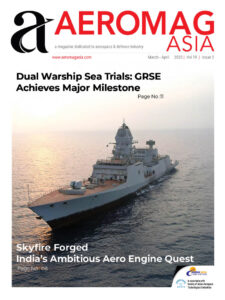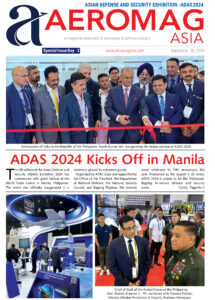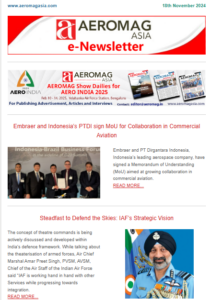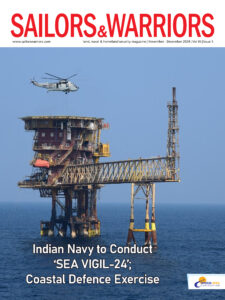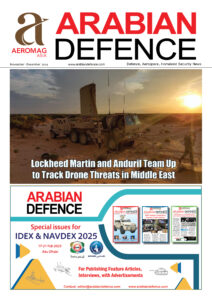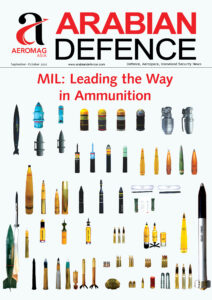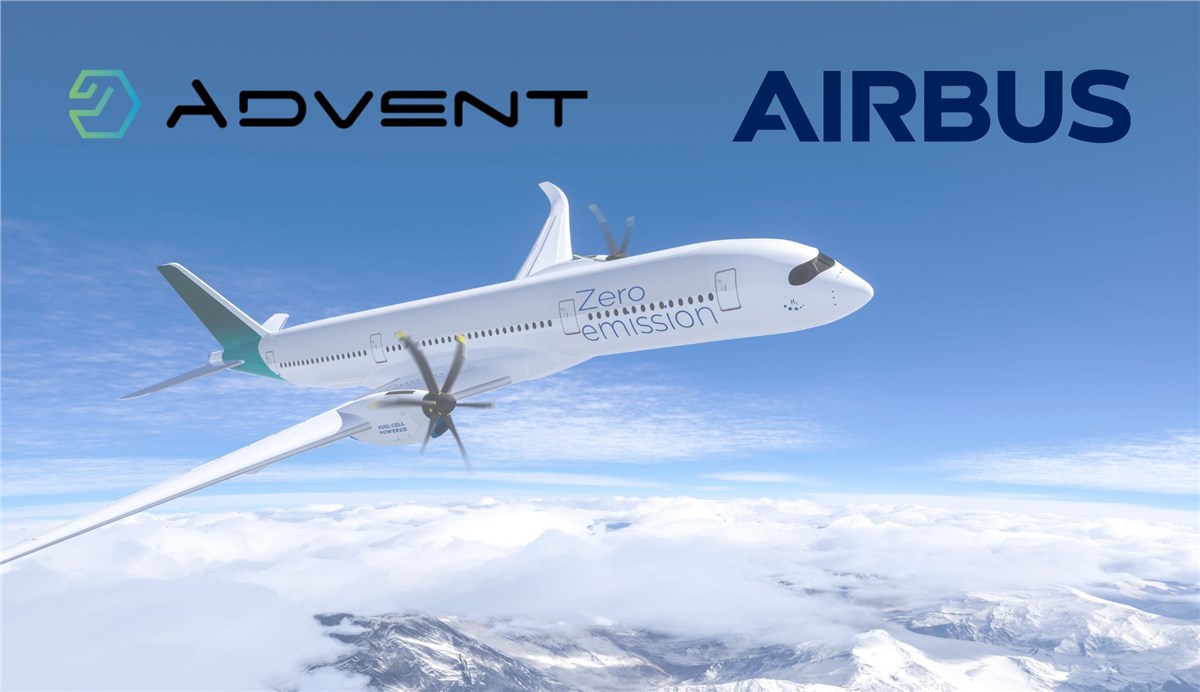
Advent Technologies Holdings, Inc. an innovation-driven leader in the fuel cell and hydrogen technology space has announced that it has received the go-ahead decision from Airbus, a leading aircraft manufacturer, to proceed with Phase Two of the parties’ joint benchmarking project for an optimized Ion Pair™ Membrane Electrode Assembly (“MEA”) for hydrogen fuel cells. Having demonstrated continued improvement in Ion Pair™ MEA performance in Phase One, the parties seek to further optimize performance in Phase Two.
Advent has invested in people, materials, hardware, and 3rd party research centers, to contribute to the goals of the project. The collaboration enters Phase Two immediately. The parties are also in related discussions about sharing know-how, fuel cell stack design, recommendations on balance of plant materials and components, and fuel cell test stations.
The goal of the project is to accelerate the development of Advent’s MEA and benchmark the Ion Pair MEA against aviation requirements and current/expected technological limits.
HT-PEM MEAs operating at temperatures higher than 180 °C (360°F) aim to solve one of the largest challenges in aviation fuel cell use: thermal management. High-temperature fuel cells allow increased performance, increased passenger carrying capability, and increased range compared to low-temperature fuel cell stack technology. Advent believes that HT-PEM is a superior option not only for aviation, but also for heavy-duty trucks, the automotive industry and marine use.
The project focuses on the needs for future hydrogen-fueled planes, while at the same time having the potential of significantly reducing the weight and volume of the powertrain system through a simplified balance of plant and cooling subsystems.
Dr. Emory De Castro, Chief Technology Officer of Advent Technologies, commented, “We are pleased to announce the second phase of our project with Airbus. Both companies recognize the vast potential for fuel cell powered jet propulsion systems and the realistic goal of hydrogen flight. We look forward to continuing this revolutionary work with Airbus.”

